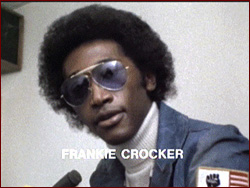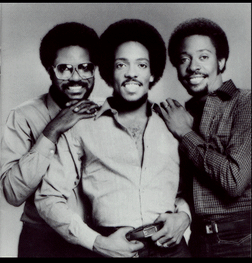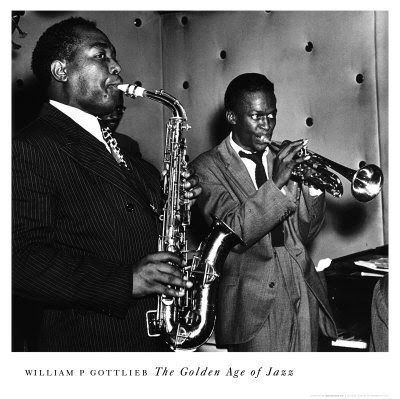 “In 1971, a Harlem lawyer and politician named Percy Sutton led a group of Black investors, including David Dinkins, to buy two New York stations, WLIB-AM and FM. Sutton Changed the FM station’s call letters to WBLS, and hired Frankie Crocker as his star air personality and first program director.
“In 1971, a Harlem lawyer and politician named Percy Sutton led a group of Black investors, including David Dinkins, to buy two New York stations, WLIB-AM and FM. Sutton Changed the FM station’s call letters to WBLS, and hired Frankie Crocker as his star air personality and first program director.
The call letters ‘BLS’ were said to stand for ‘Black Liberation Station.’ Indeed, WBLS gave Frankie Crocker freedom during a time of corporate captivity for Black music and Black artists. In turn, Crocker’s WBLS freed the minds of a generation of New Yorkers. Under Crocker, WBLS redefined and expanded the concept of the ‘Black’ radio station. To the traditional soul and R & B fare of James Brown, Aretha Franklin, and Stevie Wonder, Crocker added an eclectic mix of rock, jazz, and pop standards- everything from Rolling Stones to Frank Sinatra. Crocker’s tastes were broad and cosmopolitan, and he expected no less from his listeners. He gave New Yorkers their first taste of a Jamaican rock-and-roller named Bob Marley. Crocker was among the first on the radio to play the beat-heavy, dance-oriented, soul that was becoming so popular in the new DJ-driven nightclubs called ‘discotheques,’ records like Manu Dibango’s ‘Soul Makossa’ and MFSB’s ‘Love Is The Message.’ Crocker presented a show that was sophisticated and grown-up. If WWRL was Harlem, WBLS was Sugar Hill- a cut above, a station that gave its listeners a taste of upward mobility…
In a time when Black music was being pushed from the airwaves across the country, and record and radio executives subscribed increasingly to the notion that there were records that were simply ‘too Black’ for White listeners, Frankie Crocker turned WBLS into the number one-rated music station among all listeners in the largest city in the country.
More profoundly, Crocker created a generation of young music aficionados in New York, kids from the inner city and from the suburbs, to whom he gave the gift of an open mind and the notion that a DJ could change the world.” -From, “The Big Payback: The History of the Business of Hip-Hop” By: Dan Charnas
 “Those who possess wisdom cannot just ladle it out to every wantwit and jackanapes who comes along and asks for it. A person must be prepared to receive wisdom, or else it will do him more harm than good. Moreover, a lout thrashing about in the clear waters of wisdom will dirty those waters for everyone else.” -Tom Robbins
“Those who possess wisdom cannot just ladle it out to every wantwit and jackanapes who comes along and asks for it. A person must be prepared to receive wisdom, or else it will do him more harm than good. Moreover, a lout thrashing about in the clear waters of wisdom will dirty those waters for everyone else.” -Tom Robbins


